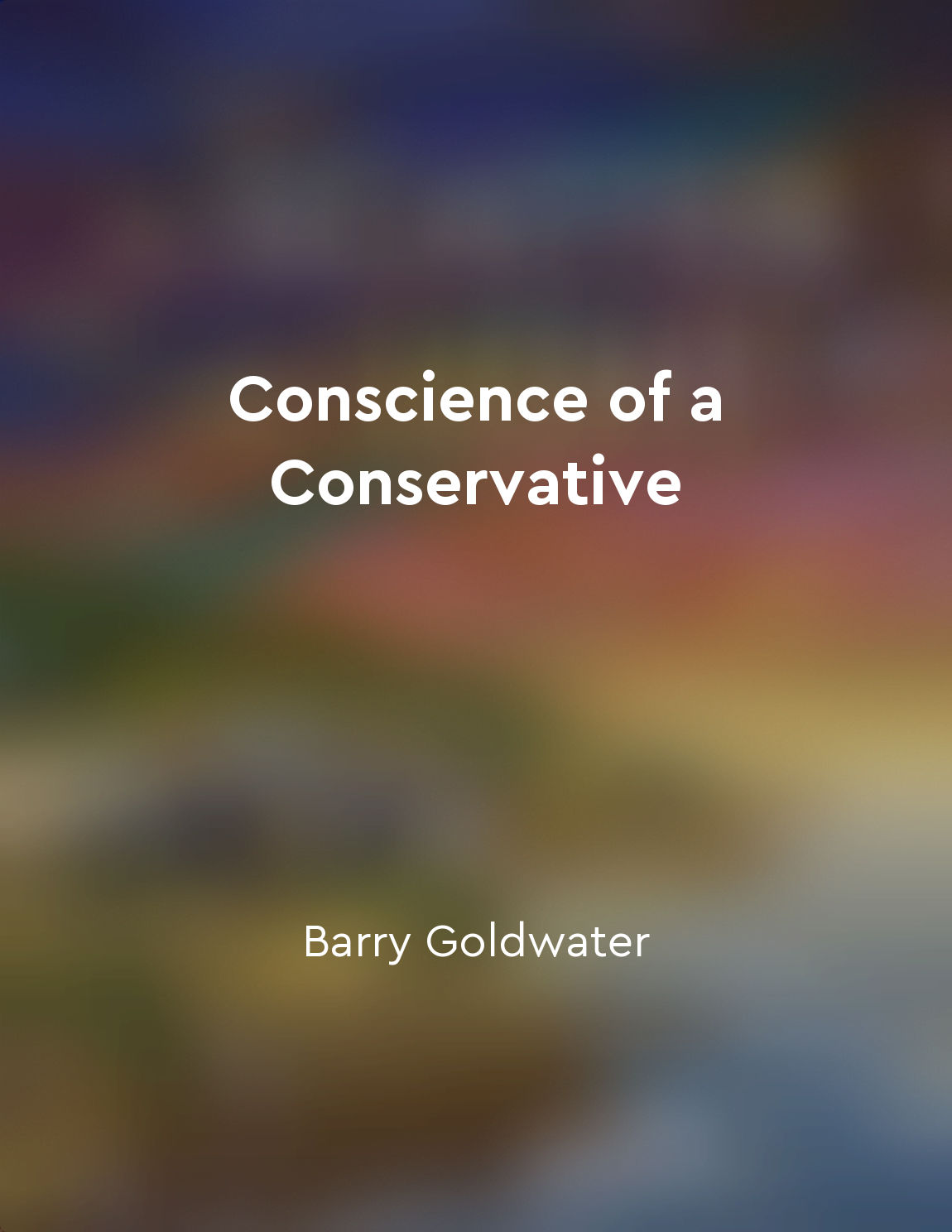Judiciary acts as a check on the Executive and Legislature from "summary" of Indian Polity by J.C. Johari
The judiciary in a democratic setup plays a crucial role in ensuring a system of checks and balances among the three branches of government - the Executive, Legislature, and Judiciary. This separation of powers is essential to prevent the abuse of power by any single branch of government. The judiciary acts as a check on the Executive and Legislature by reviewing the actions and decisions taken by these branches to ensure that they are in accordance with the Constitution. This power of judicial review allows the judiciary to declare any actions or laws passed by the Executive or Legislature as unconstitutional and therefore null and void. Moreover, the judiciary can also interpret the laws passed by the Legislature to ensure that they are in line with the spirit of the Constitution. This interpretation helps in preventing the misuse of laws by the Executive or Legislature for their own benefit or to infringe upon the rights of the citizens. In addition, the judiciary acts as a guardian of the fundamental rights of the citizens by ensuring that these rights are protected from any arbitrary actions by the Executive or Legislature. The judiciary can strike down any actions or laws that violate the fundamental rights of the citizens, thereby upholding the principles of justice and equality. Furthermore, the judiciary also acts as a check on the Executive and Legislature by providing a forum for the resolution of disputes between these branches. Any conflicts or disagreements between the Executive and Legislature can be resolved through the judicial process, thereby ensuring a harmonious functioning of the government.- The judiciary acts as a crucial check on the Executive and Legislature by ensuring that they operate within the limits of their powers as defined by the Constitution. This role of the judiciary is essential in upholding the principles of democracy, justice, and equality in a democratic society.
Similar Posts

Liability rules can deter harmful behavior
Liability rules create incentives for individuals to avoid engaging in harmful behavior by making them financially responsible ...
Democracy is a continual struggle and requires vigilance
The fight for democracy is not a one-time battle that can be won and then set aside. It is an ongoing struggle that requires co...
Holding individuals accountable promotes accountability
The principle of holding individuals accountable plays a crucial role in promoting accountability within society. When individu...
Regulatory agencies should prioritize consumer welfare
The primary objective of regulatory agencies is to promote consumer welfare. This principle is rooted in the belief that regula...

A strong national defense is necessary for security
National defense is not simply a matter of protecting our borders or maintaining a military presence around the world. It is a ...
The role of social security schemes in promoting workers' welfare is analyzed
Social security schemes play a crucial role in promoting the welfare of workers in any country. These schemes are designed to p...
Concept of natural law
The concept of natural law is a fundamental principle in political philosophy, providing a basis for understanding and evaluati...
Monarchical rule undermines freedom
Monarchical rule, by its very nature, is a system that concentrates power in the hands of a single individual - the monarch. Th...
The need for a centralized authority in times of crisis
In times of crisis, the necessity for a centralized authority becomes apparent. When faced with challenges that threaten the st...

